Subscribe to the Newsletter
If you are interested in understanding how Traditional Chinese Medicine can improve your life sign up to my newsletter for the latest updates.
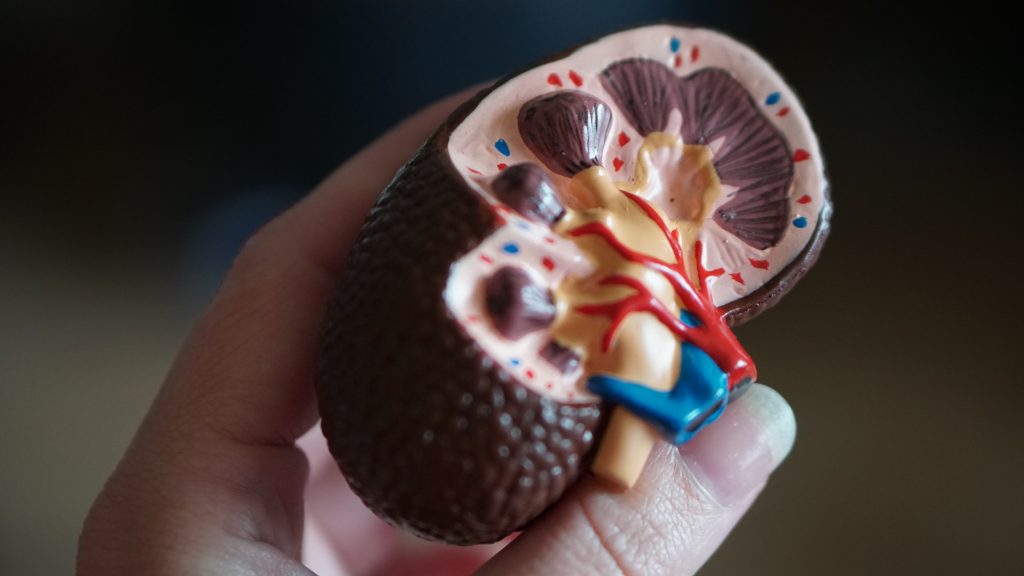
Key Learning Points
Fundamentally, warmth in the body comes from a healthy Ming Men, your ‘Gate of Vitality’. Chinese Medicine has a number of concepts which are very different to those of Western Medicine, and if you aren’t used to their way of thinking, at first they can be a bit difficult to grasp.
This ‘Gate of Vitality’ is one of them. It’s a bit ‘technical’ but because it’s so important, it’s worth pursuing.
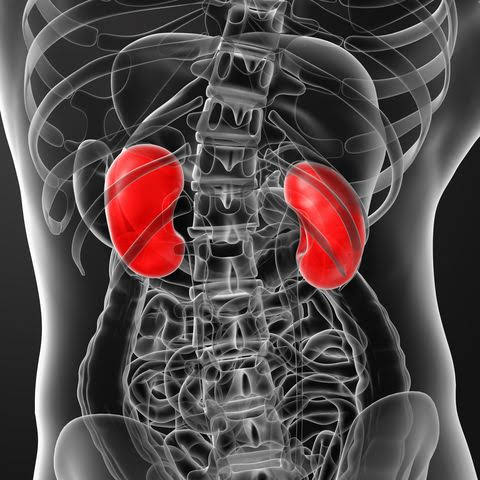
The Gate of Vitality was originally thought to be a function of the Kidneys: some texts went further and said it actually was the right kidney.
Nowadays it is thought to lie between the two kidneys, in front of your lumbar vertebrae: or more or less behind your ‘dan tian’, approximately 3cms below your navel in behind your Conception Vessel.
However, even this may not be right, because actually we don’t know. In a way, it’s the concept of Ming Men that is important.
Also there’s an acupuncture point with the same name fairly close to it (Du4 – MingMen). So we are fairly sure this is the right area.
This important concept in TCM, the Gate of Life, is where the original life essence (jing essence) of the individual is based. We are warm-blooded beings, and from this Gate of Vitality comes our ability to be warm. When we die the Gate of Vitality Fire goes out, our bodies grow cold and we cease to live.
(As an aside, could there be a gate of vitality in cold-blooded animals like lizards and fish? Answer – Yes! Because Ming Men is much more than just a source of warmth. However, one would expect the whole system to be somewhat different there.)
The Gate of Vitality provides us, through the Three ‘Heaters’, (the Upper, Middle and Lower ‘burning spaces’ being the chest cavity; the abdomen below the diaphragm but above the umbilicus; and the abdominal cavity below the umbilicus) with enough warmth to keep us alive.
We receive the original energy for this Fire via our genes, a healthy pregnancy and birth. After birth we begin to draw on it, but also to re-supply it with energy from the food and drink we consume.
If your Gate of Vitality Fire burns well, then firstly you’ll have a good digestion, because your Stomach and Spleen energies rely on this ‘Gate of Vitality’ Fire to supply the heat to ‘cook’ the food you eat.
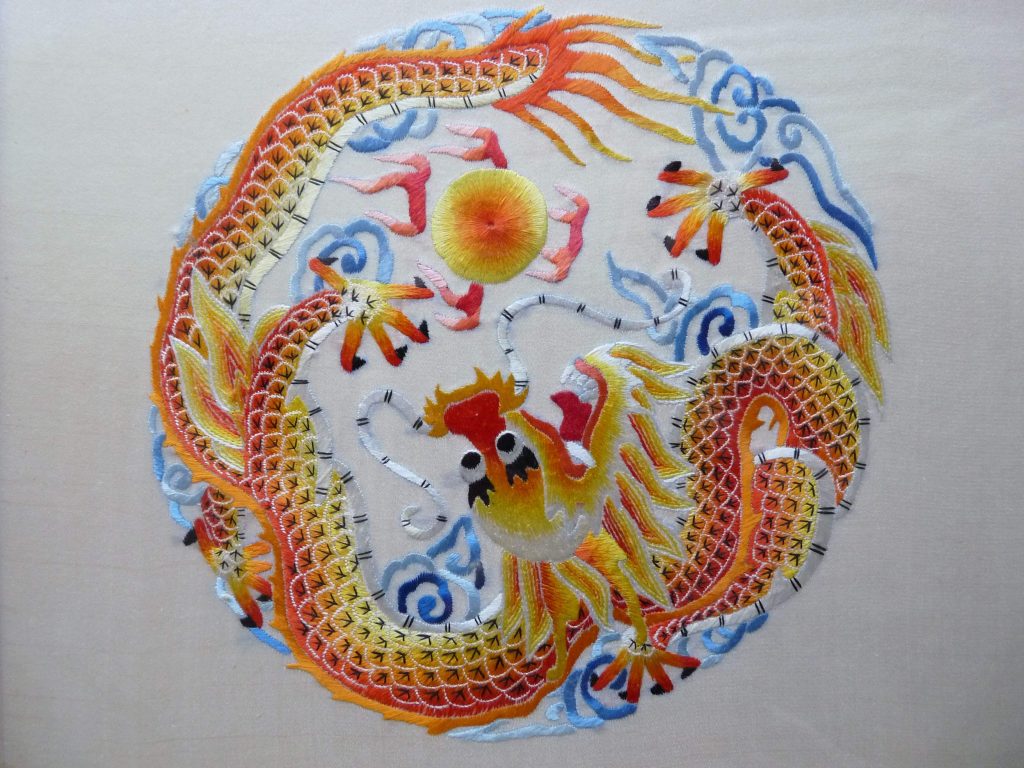
This Fire supports your Spleen in extracting the food-essence from food, transforming it from food into the next stage before the Spleen sends it up to your Lungs.
If this Fire burns low, your digestion will be slow, and adversely affected by raw, cold or iced food or drinks; by eating too fast; by not chewing properly and by eating in a rush or when working.
If the Fire needed in digestion is lacking, the food essence isn’t separated out properly, and your Blood and Qi, which come from it, will become deficient. If you can’t digest food properly, you’ll get undigested food in your stools, probably diarrhoea, and you’ll feel dispirited and lack warmth.
Eventually, if your Ming Men is deficient, you may then end up with, for example, insomnia, from Heart and Spleen Blood deficiency.
The Gate of Vitality Fire supports not just the Spleen process of transforming and transporting, but Heart Yang which gives ‘life’ to Blood as it pumps blood into circulation.
Each of the three burning spaces of the Three Heater receives its fundamental energy from Ming Men. This Gate of Vitality Fire maintains warmth and Qi movement in all the internal organs. Without enough of this Fire, your metabolism suffers, you become tired, depressed and cold.
If Gate of Vitality Fire doesn’t warm your Bladder and Kidneys, you can’t turn waste fluids into urine, and these fluids will build up and ultimately express themselves in symptoms of damp and oedema.
The development of healthy sexual energy in both sexes depends on the Fire of the Gate of Vitality. It provides for the maturing of sexual energy through puberty, the increase in sexual energy itself, and fertility in both sperm and ovum.
If this Fire is low, there may be lack of interest in sex, impotence or infertility in both sexes and leucorrhoea (another kind of damp) in women.
Later in life, as the Fire decreases with age, sexual energy cools off and the uterus loses its ability to warm and create a foetus.
The very first texts in which Ming Men was mentioned said that it was the residence for the Mind (Shen-Mind). As time passed the Mind (Shen) became associated with the Heart and the Blood.

In the West, science considers that thinking occurs in the brain, but in Chinese medicine, the brain is still an extension – up the spine – from the Kidneys: and, by the way, that thinking occurs with other zang-fu organs, notably the Stomach, which – now – science has begun to relate to the gut microbiome.
Ming Men is also still considered to help the Heart ‘house’ or ‘shelter’ the (Shen-)Mind. If where the Mind is sheltering is cold and lifeless, the Mind won’t be able to express its natural love of life, its health and happiness.
The Lungs send energy down and govern exhaling. The Kidney Yang energy grasps the energy from the Lungs and governs inhalation.
The Gate of Vitality supports both Lung Qi and Kidney Yang Qi and enables them to communicate this way.
If Ming Men Fire is weak, respiration suffers. That causes fullness in the chest, shortness of breath, chilliness of the hands and Chinese medical syndromes behind asthma.
Warmth in our skin and muscles derives not just from the Blood circulating to them (originating in the Stomach and Spleen but passed through the Lungs and Heart, all of which need Ming Men Fire to operate naturally) but also from our Defensive Qi.
Qi comes in many forms. The closest Chinese medicine comes to what we in the West call the ‘Immune System’ is probably this idea of Defensive Qi.
Defensive Qi is rooted in the Kidneys, but nourished by the Spleen and Stomach. Then the energy of the Lungs spreads it round the body. If our Defensive Qi is weak then we are more susceptible to infections like coughs and colds.
The warmth for the Kidneys and Lungs to circulate defensive energy derives from Ming Men.

Stay in Touch!
No spam, only notifications about new articles and updates.

Book a Video consultation if you want to know more about your symptoms
Various acupuncture points affect it, notably Du-4, which bears the same name – Ming Men.
Other points that benefit it indirectly include points to tonify Qi and Blood, from which energy returns to the Gate of Vitality, points on the Stomach and Spleen channels, and Kidney channel points.
Conception Vessel points in the low abdomen also stimulate original Qi.
As the system of Organs, Channels and Collaterals functions as an integral whole, benefiting one part – if it leads to increased harmony throughout the system – will benefit every part. So not just treatment but exercise, Tai Chi, Qi Gong, meditation and good nutrition will all help, as does success in life and a positive outlook.
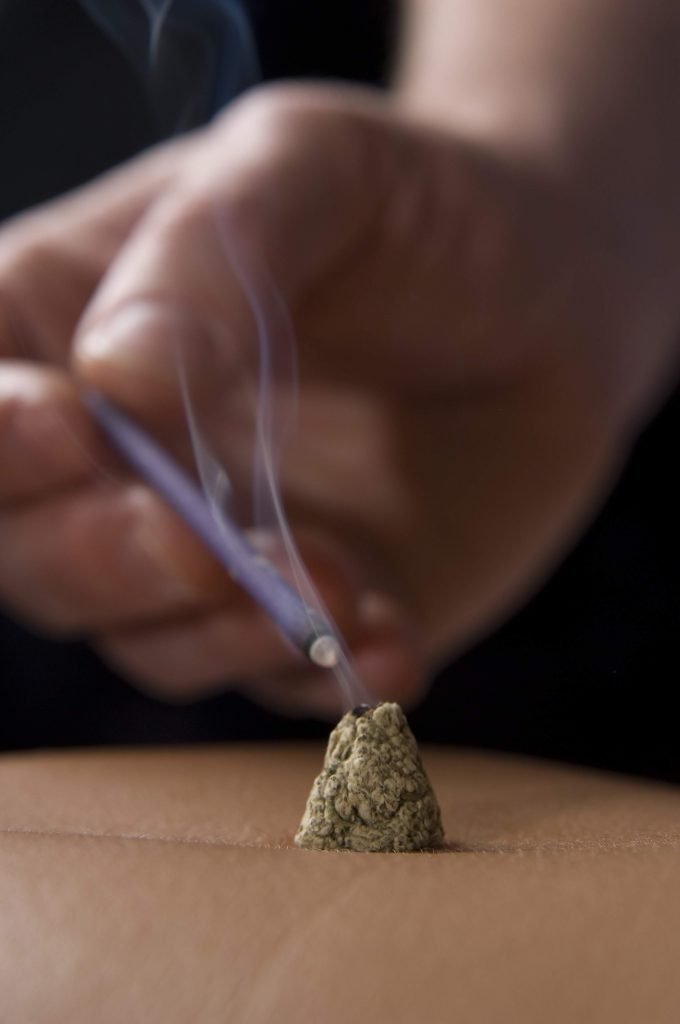
You might think that, because the Fire of the Gate of Vitality is so basic to health, strengthening Du-4 Ming Men, say with moxibustion – moxa, can do nothing but good.
Unfortunately, you’d be wrong! Du-4 Ming Men is a powerful point. If there clearly is Internal Cold and a deficiency of Kidney Yang, then use it – and with moxa on needle. But if not, be cautious, because over-heating it could exacerbate Heat somewhere else in the system. This might intensify the heat of eczema, or an inflammation such as in bronchitis, or an ulcer, or around an inflamed or ‘hot’ joint.
Inflamed joints could be many things: not just basic arthritis! There may be sepsis, a history of diabetes or intravenous drug abuse (IVDA), invasion by a bug from the skin such as MRSA, the result of immuno-suppression and neutropenia (dangerously low levels of neutrophils – the white blood cells that patrol your blood and clear out the ‘baddies’). Or it could be just a self-healing bruise (a form of Blood Stagnation) from an accident. Except for the bruise, these are all aspects of Heat. You certainly don’t want to inadvertently increase that Heat by strengthening Ming Men. Or at least, not until you know what you are doing.
Is there a link between Ming Men and testosterone levels?
Perhaps. What Chinese Medicine calls ‘Jing-Essence’ is the source of our life energy and very closely linked with Ming Men. (You could say that the Fire of the Gate of Vitality comes from the oil-like reserves of the Jing-essence.) They both derive from the area of the Kidneys and one might say are regulated by your Kidney Qi.
The original idea behind Jing-Essence was that you received a fixed quantity of it at birth. Gradually you used it up through life. If you lived a very stressful, disease-ridden or draining life you’d get through it faster. So your teeth would fall out earlier, your bones grow brittle and you’d age faster. (What would qualify for that kind of life? Answer: too many illnesses, poor nutrition, too many drugs, too much sex in the case of men, etc)
It was said that you needed many pints of blood to create just one drop of Jing-essence. The best way to do this was to lead a life unhampered by factors that drained Jing-essence. But Chinese medicine didn’t have our understanding of the glandular system. Even now, it still approaches this basically from another direction.
However, people can increase their testosterone levels and high testosterone is fairly like having more Ming Men Fire and Jing Essence.
For example, some exercises (such as doing squats – as in weight-lifting) appear to increase testosterone levels.
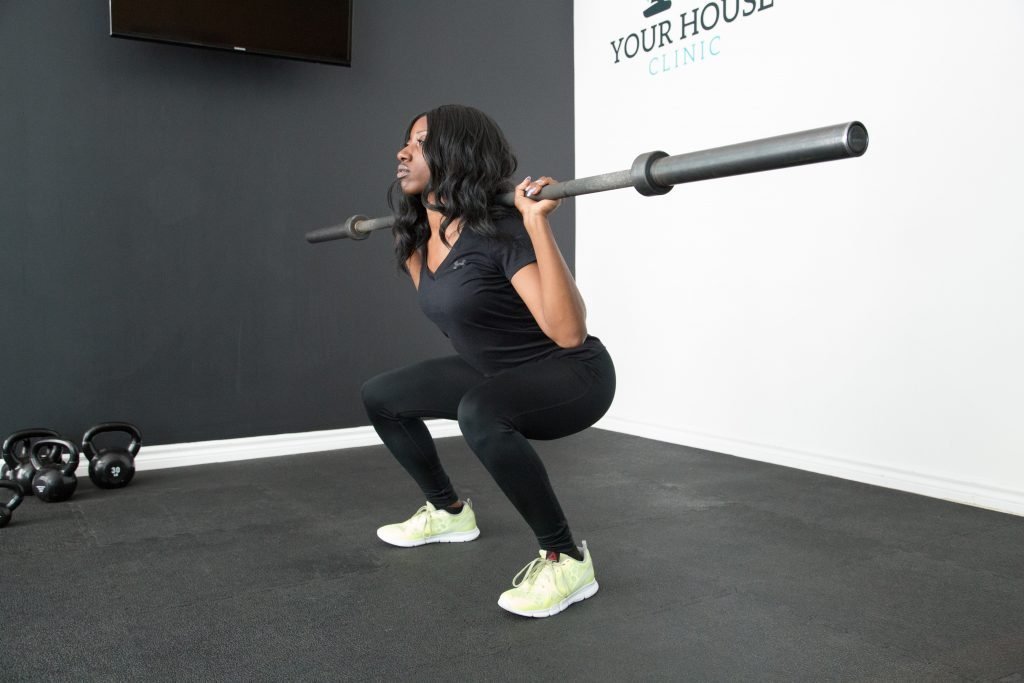
It appears that taking testosterone persuades some people that it helps too. Some scientists have yet to be persuaded of this, however, and I would say, rightly so. Why? Because without adequate levels of Yin to balance it you should not increase Yang artificially. If you do, you may get the wrong kind, or an unbalanced kind of Yin result.
Tai Chi (also spelled taiji) is an ancient Chinese form of martial art. Nowadays, at least in the West, it is a series of meditations that move from one position to the next in a steady flow, fast or slow, always based around a centre. The movements explore yin and yang, stretching forth, pulling inward, circulating and pivoting, high and low.
As you do it, it aims to move qi along all your meridians (channels) and through all your joints, never exceeding your capability. So, unlike yoga, which takes positions and guides you to loosen as you stretch into them, and which sometimes does stretch you beyond your body’s normal specifications (!) tai chi is safer, at least for keen beginners.
Which is not to say it’s easy! If you do it properly, under an experienced guide, you may find that next day you feel as if you’ve had quite a workout!
As you continue to practise it daily you find your strength and endurance improve, you can stand for longer without pain and in due course there are mental benefits. Adherents claim it increases longevity and resistance to disease: a better immune system!
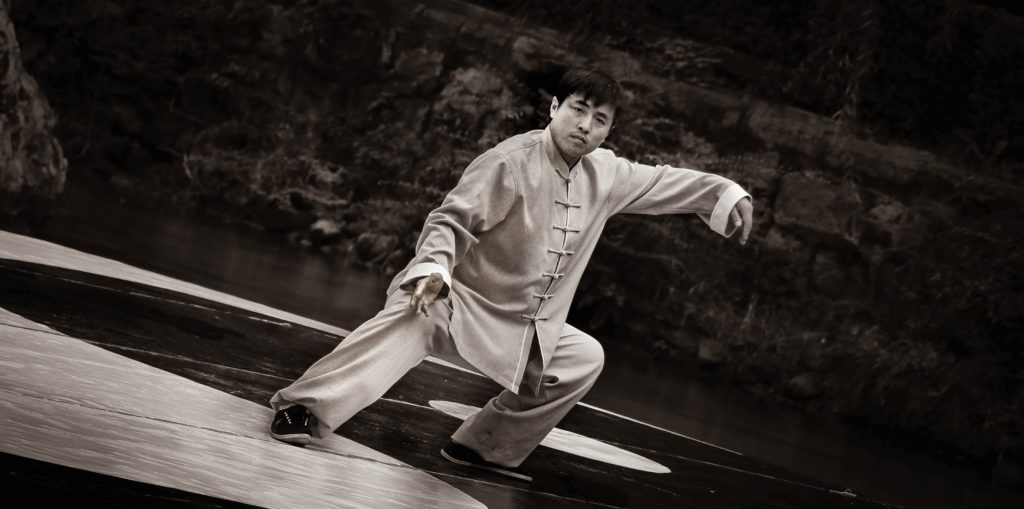
So, what do you think? Benefits in strength, persererance, mentally and in ageing sound a lot like increased Ming Men vitality!
If so, do Tai Chi to boost your Ming Men!
Hand on heart? Possibly not.
It’s more accurate to say it increases Kidney Yang energy which then makes better use of Ming Men and Jing-Essence.
This could be a fruitful topic for research. We’d all certainly like to know!
You may also like to read:

Why You get Nervous Stomach Anxiety and How to Handle It. Acupuncture has great ways to help.
Subscribe to the Newsletter
If you are interested in understanding how Traditional Chinese Medicine can improve your life sign up to my newsletter for the latest updates.
Subscribe to the Newsletter
If you are interested in understanding how Traditional Chinese Medicine can improve your life sign up to my newsletter for the latest updates.